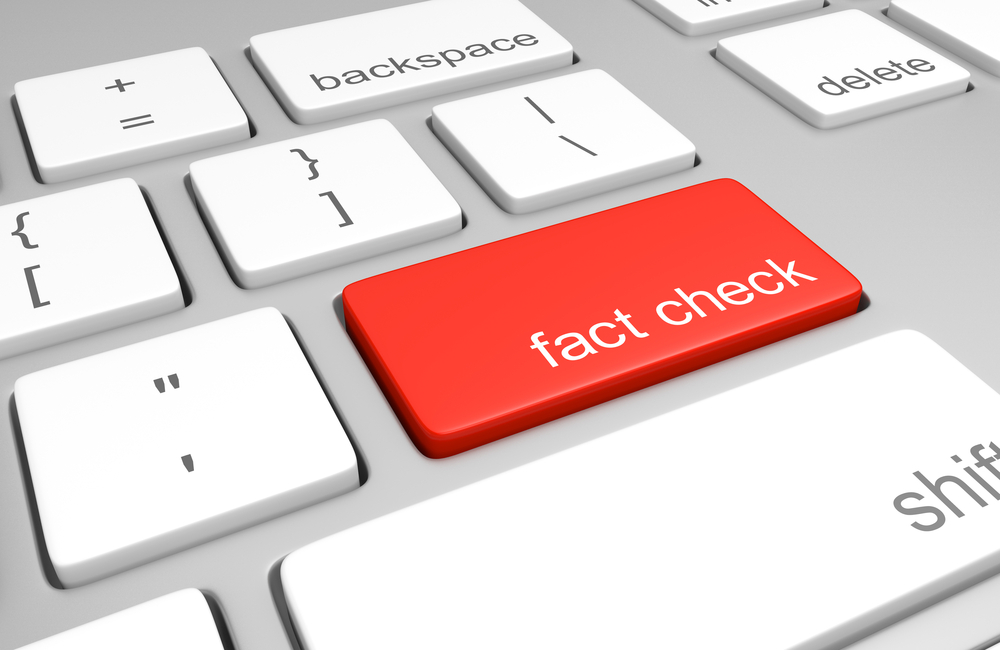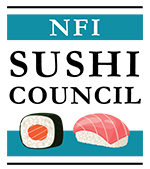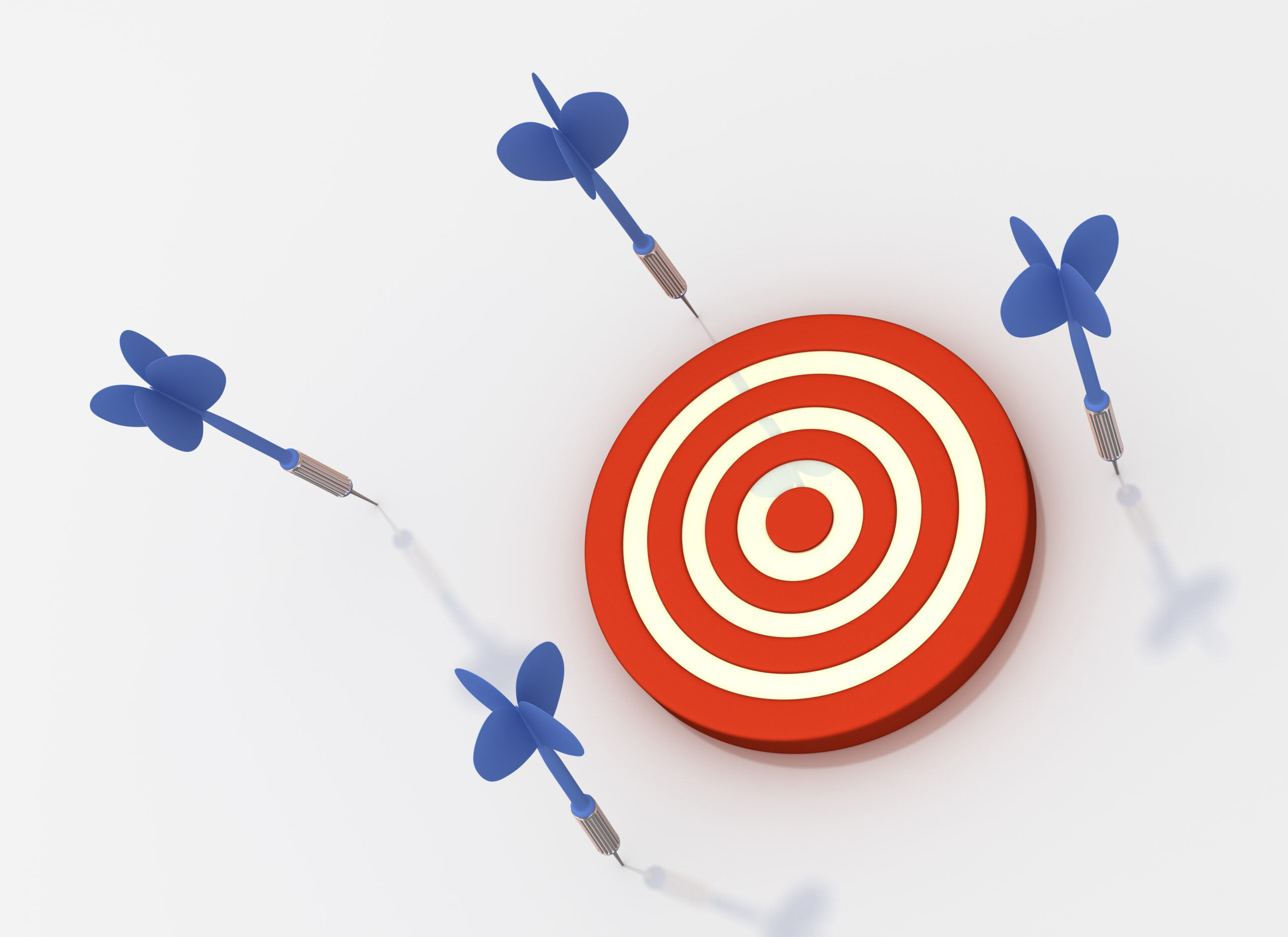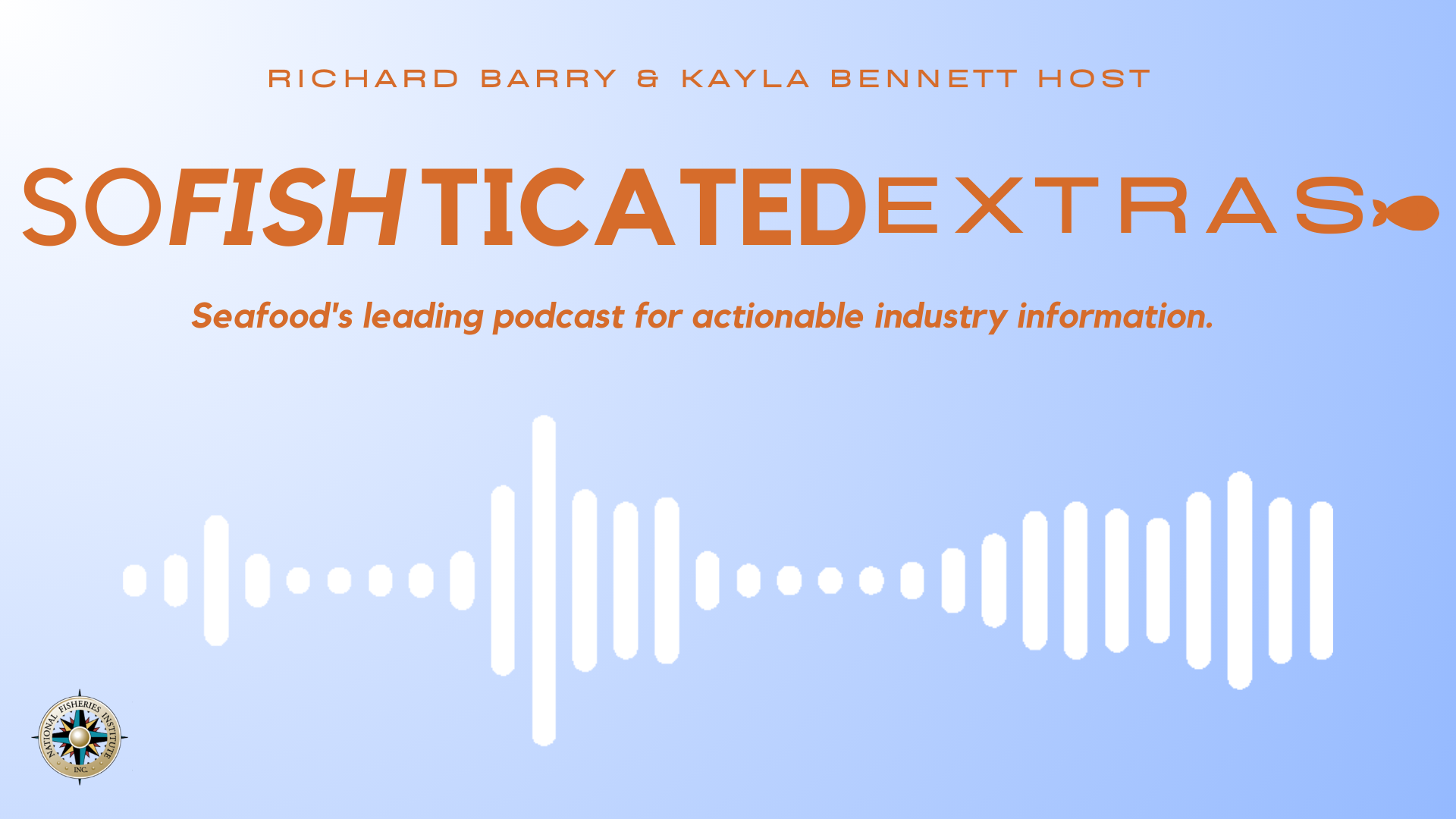Is Bloomberg Beyond Fact-Checking?
A recent Bloomberg article claims, “the Beyond Meat of seafood is coming.” Beyond Meat is a company that creates plant-based imitation products to resemble burgers, sausages and other meat products. Bloomberg suggests plant-based imitation seafood products or lab-grown seafood (a totally different product from the imitation plant effort altogether) could be a solution. Or a solution in search of a problem.
While food production methods like Beyond Meat and the seafood imitation varieties certainly have a place in the market, and deserve to be lauded for their ingenuity, it’s not accurate to suggest they’re the answer to “depleting oceans” and “problematic fish-farming.” Companies promoting seafood imitation products have been seen making unsubstantiated sustainability claims about fisheries and aquaculture (all while trading on seafood’s good nutrition name) and for Bloomberg to parrot these claims as fact – in a sub-head no less – is poor journalism.
Wild Fisheries
The Food and Agriculture Organization of the United Nations estimates 67% of global fisheries are sustainable. That number estimates all global fisheries and does not consider the volume from each fish stock that is actually eaten. According to Sustainable Fisheries UW, an organization created by a group of fishery scientists led by Dr. Ray Hilborn, “management resources, like regulation and enforcement, are concentrated in larger fisheries to ensure that a larger percentage of consumed fish is sustainable.” That group notes that a recent estimate showed that about 82% of consumed fish are sustainable.
When it comes to carbon footprint, wild-caught fish have an enviable low impact. They require no land, feed, or freshwater, and they are a renewable resource when properly managed. In fact, a recent study found that certain popular wild-caught seafood products are more climate-friendly than a purely vegan diet. A recent New York Times expose about the impact of food on climate change also spotlights certain wild-caught seafood as “great low-carbon choices.”
Wild Salmon
The 5 species of wild salmon commercially fished in the United States are considered a “smart choice” for consumers, according to the National Oceanic and Atmospheric Administration (NOAA), because they are are sustainably managed and responsibly harvested. It’s incorrect to suggest wild salmon populations are broadly on the brink of collapse because of “skyrocketing demand.” In fact, wild salmon is often touted for its sustainability story. Why are the authors of this piece claiming there is a threatened supply of wild salmon? What do they know that the NOAA scientists don’t?
Fish Farming
Meanwhile, the idea that fish farming is the “wild west” without robust standards and regulations associated with other types of agriculture is wrong, and demonstrates a fundamental lack of understanding of the industry. Modern-day aquaculture was revolutionized by a growing world population and demand for seafood coupled with the fact that wild fisheries are at their maximum sustainable yield. In the last few decades, major strides have been made in the aquaculture community resulting in some of the most efficient and sustainably farmed seafood products available to markets globally.
The president of the Global Aquaculture Alliance also responded to the apparent ignorance about fish farming seen in this article:
“In my experience, the authors of these claims have never been to a fish farm or looked at a broad sample of what modern fish farms look like. It’s not perfect, but no food production system is. And what these authors conveniently exclude from their claims is that there’s a global sustained effort is to ensure that best practices are applied and standards are raised through third-party certification programs like the Global Aquaculture Alliance’s Best Aquaculture Practices.”
Farmed Salmon
In the same study that found wild-capture seafood can be better for the environment than a vegan diet, salmon farming is highlighted as another low-impact form of food production. “Small pelagic fisheries and mollusk and salmon aquaculture score very well across a range of metrics for several reasons… salmon aquaculture because salmon pens require no water pumping and feed conversion is quite efficient.”
Like any type of food production, salmon farming has its challenges and sea lice is one of them, as the Bloomberg authors mention. Salmon farmers dedicate a multitude of resources and seek innovation to address these types of issues and continue to see improvements. The claim that these challenges are contributing to “ecosystem destruction” is misleading and hyperbolic.
Journalists note: Plant-based Imitation Seafood Products—Fine, Imitation Facts—Not Fine
Plant-based imitation seafood products and lab-grown fish have seen a swell of media attention in 2019. That’s not by accident, many of these impressive food technology companies are beginning to market their products and themselves as they seek investments.
Demonizing seafood products with unsubstantiated statements about sustainability, fisheries science and aquaculture practices in order to promote imitation products is lazy, disingenuous marketing. For journalists to repeat the claims as fact is irresponsible.



